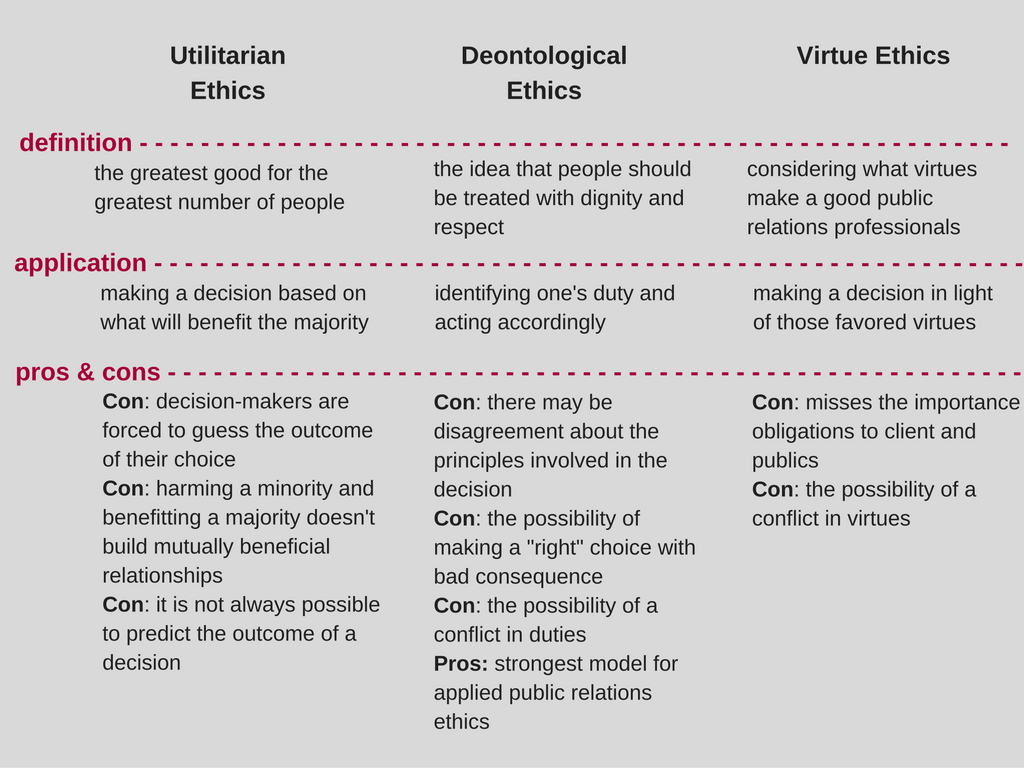Maybe as lore and legend, perhaps even poetry? For example, “The Good Samaritan” can be an inspiring story of helping, whether or not it actually happened.
I’m a little familiar with the Dunning-Kruger Syndrome, that people unskilled in an area tend to over-estimate their ability. My question is, what connection are you thinking of in this context, that people just jump in and assume big sections of the Bible are to be read literally?
ha well lets be honest, most ppl really dont read the Bible at all; they trust other believers to decipher it for them, and those believers usually come with an agenda. Which imo is even understandable; the Hebrews literally thought differently than we do in the Western world, they defined and labeled things differently, apparently going more for function over form, so things used as allegory like “lion” or “eagle” are easily misinterpreted now—these were surely both used as put-downs in the Bible, whereas we think of “lion of Judah” as a good thing, right?
So i think it can be easy to like idolize them, forgetting that they were scattered to the four winds not once, but twice, and in NT times they were vassals in their own land, ruled by Rome, on the verge of civil war. Ppl fail to grasp that “baptizing ppl in the Jordan river” amounts to sedition in a theocracy. The NT Hebrews strike me mostly as a record of the final failure of a theocracy, “Lazarus died,” Lazarus being code for Eleazer, who prolly repped it, and passages like “the virgin will be with child” would almost surely have been understood completely differently than we do today; the Virgin back then surely meant Athena, or at least thats what everyone alive then would have heard imo.
At “dunning-kruger,” i think that is just a natural response to a world of emerging facts; ppl generally dont like to be perceived as ignorant of things, and will inevitably dumb-down a concept to fit into their existing framework of understanding? And the Bible seems almost eager to lead the headstrong and superstitious into…ha, well, obviously warped interpretations like literal miraculous virgin births, or even Prosperity Gospel…i mean how many believers might i convince, or even get to ponder the possibility that there was no “Mary,” and that the Bible is referring to Athena worship evolving into something else?
See, they have
knowledge, right? Only no or at least few believers i have ever encountered understand that “Mary” has a meaning…and most of them dont even want to know what it is, doesnt seem like. So this “lest they should turn and be forgiven” is also a way to say “this is how one turns, to be forgiven,” isnt it? But fwiw i dont mean to say that i look down upon believers or anything; they will escape in their own time, i guess, i mean most ppl do.
Unfortunately they toss the baby with the bathwater usually, and just bail on the Bible; which i also get, i mean who can contemplate themselves, a believer, as
Legion? Which is surely what Legion is a description of, right down to “wanting to go with Jesus” (the inference being “to heaven, after death.”) ok ive blabbed enough i guess, but a point i hope to make here is that the Bible can really open up to one when they refuse to assume the pov that the Bible leads one into assuming; try playing around with the povs iow, keep an open mind, etc. Not really very hard to see that religious ppl were anathema to “Jesus.”



